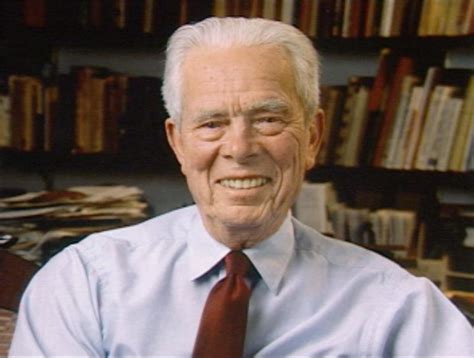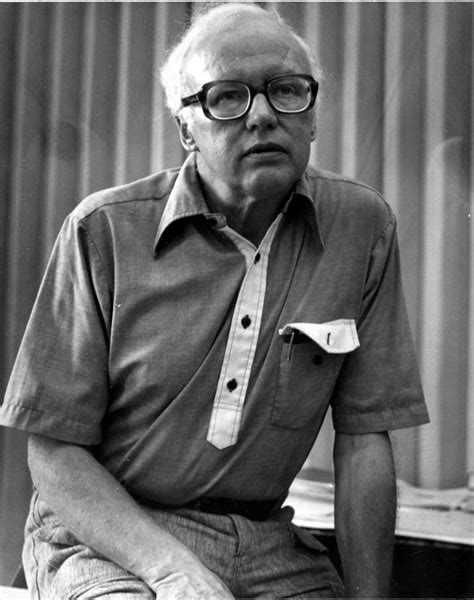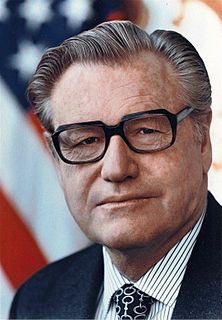A Quote by Tony Campolo
I teach at Eastern University, which is highly committed to doing work among the poor and the oppressed peoples of the world. We have a special commitment to the city.
Related Quotes
But the poor person does not exist as an inescapable fact of destiny. His or her existence is not politically neutral, and it is not ethically innocent. The poor are a by-product of the system in which we live and for which we are responsible. They are marginalized by our social and cultural world. They are the oppressed, exploited proletariat, robbed of the fruit of their labor and despoiled of their humanity. Hence the poverty of the poor is not a call to generous relief action, but a demand that we go and build a different social order.
I flunked my exam for university two times before I was accepted by what was considered my city's worst university, Hangzhou Teachers University. I was studying to be a high school English teacher. In my university, I was elected student chairman and later became chairman of the city's Students Federation.
Their usual mistaken premise is that they affirm some consensus among people, at least among tame peoples, concerning certain moral principles, and then conclude that these principles must be unconditionally binding also for you and me-or conversely, they see that among different peoples moral valuations are necessarily different and infer from this that no morality is binding-both of which are equally childish.
I've already got the Kingdom of Heaven in my heart! That's my nationality, my citizenship, my Country!-A Country that's never persecuted the poor or oppressed the weak or destroyed small peoples of the World like America has. It's a Country that's never lost a battle and never fought a war for the wrong reason.
The United Nations, he told an audience at Harvard University, 'has not been able-nor can it be able-to shape a new world order which events so compellingly demand.' ... The new world order that will answer economic, military, and political problems, he said, 'urgently requires, I believe, that the United States take the leadership among all free peoples to make the underlying concepts and aspirations of national sovereignty truly meaningful through the federal approach.'
We need to promote greater tolerance and understanding among the peoples of the world. Nothing can be more dangerous to our efforts to build peace and development than a world divided along religious, ethnic or cultural lines. In each nation, and among all nations, we must work to promote unity based on our shared humanity.


































